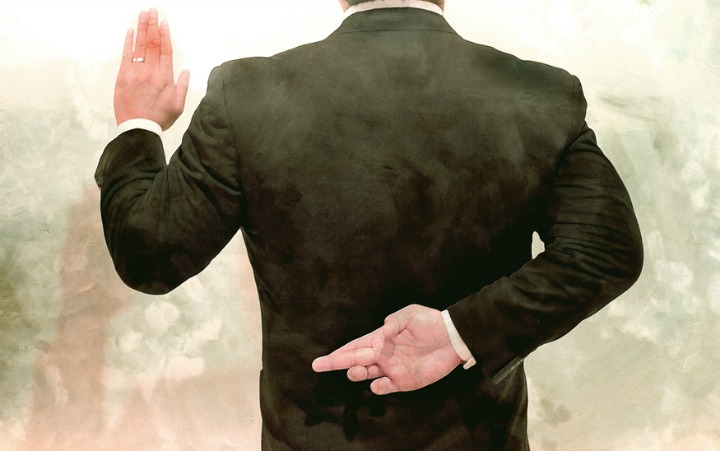
I’m living a lie.
Actually, I’ve been living multiple lies for a long time. I think they’d call it compartmentalization and the definition really fits my struggles with alcoholism. I can’t handle the truth about myself, so I pretend like the ugly parts aren’t real. Obviously, drinking helps me forget the bad stuff but leads to more problems I need to forget later on.
This is why everyone says honesty is essential to recovery. It’s easy to see my failures in this area are making the addiction stronger. My big epiphany about confessing my problem didn’t work out, mainly because I didn’t follow through. We had the talk but I didn’t admit how bad my problem had become.
There are several key points I’m afraid to say outloud – or even post them here in case I’m discovered.
{Insert my deepest darkest secrets here}
Okay, I don’t think that list needs to go online. I can’t imagine it helping, unless I’m trying to die alone drunk in a camper with no family.
That’s where the shame takes me. If the people I love the most understood what I have become, they would have every right (and even duty) to throw me out. Even knowing that, I haven’t been able to fight the addiciton.
So, here’s the question. How honest do I need to get with people? Isn’t this kind of stuff better just for the therapist to know? Would it make a difference anyway, I’d be just as lost but twice as lonely.
[…] It feels like freedom. It feels like honesty. […]